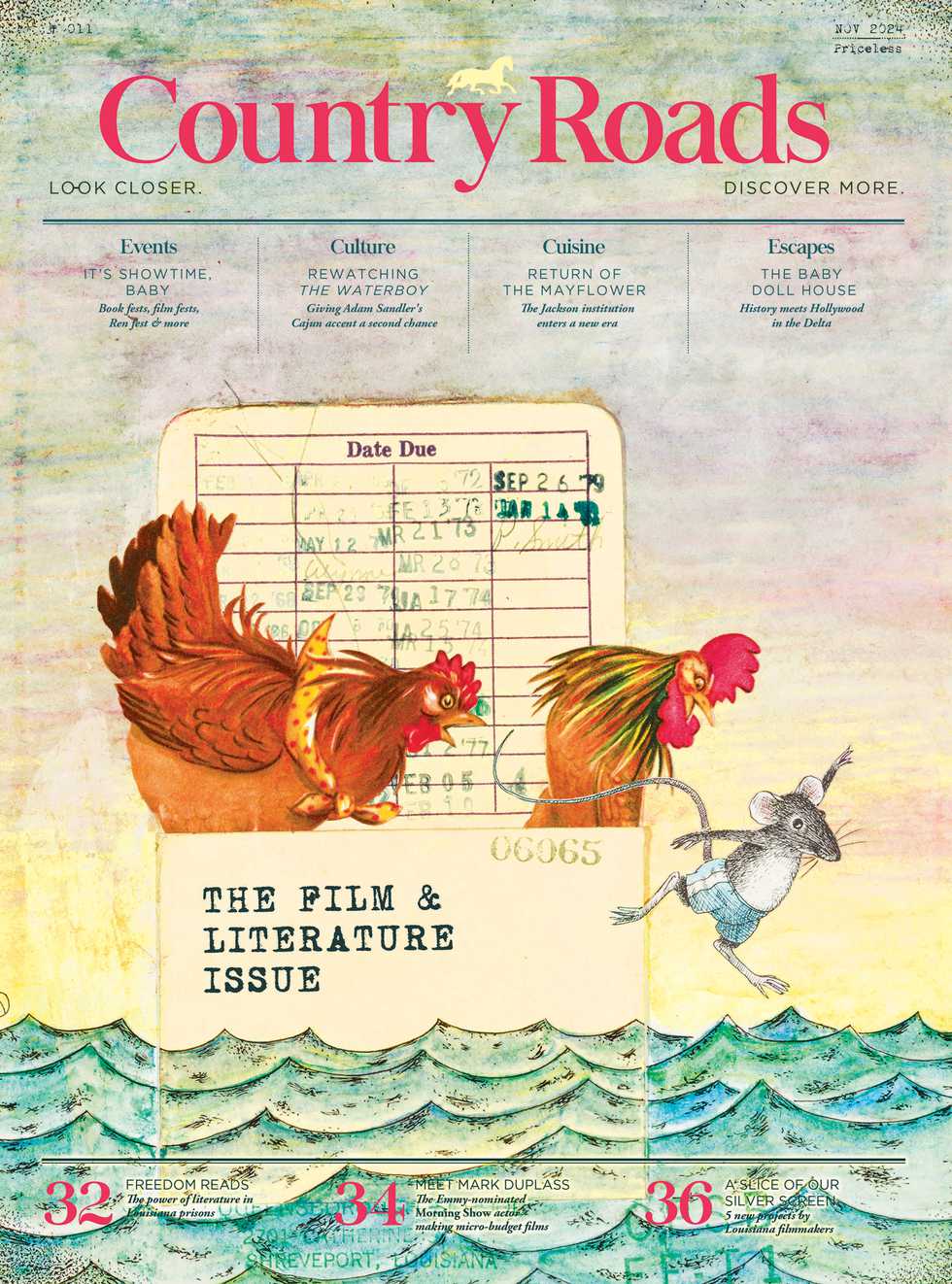
James Reflections
One of the many things I love about visiting my parents’ home, a house in which I have not lived for twenty-eight years, is opening the cabinets in the guest bathroom and discovering the same personal hygiene products that have been there since well before I left. Among the products lining its dusty shelves are enough mundane Australian pharmaceutical artifacts to make looking for dental floss a bit like embarking on an archaeological dig. As my search progresses I sift through sedimentary layers of leucoplast, dried up bottles of iodine, rolled-up tubes of toothpaste (in those old metal tubes), SPF factor 4 sunscreen, and a can of Mennen Rapid Shave cream so retro in its can design that I swear it might have been the stuff I used when I started shaving thirty years ago.
The explanation is simple: no one uses this guest bathroom much since my siblings and I left home in the eighties and early nineties. And while it’s probably weird to begin getting sentimental about out-of-date toothpaste, I find it somehow comforting to run across this stuff on the rare occasions when I make it back to Australia for a visit.
Everyone who has left the familiar surroundings of childhood knows how a glimpse of a long-forgotten toy or painting, the sound of a clock chime, or smell of a favorite dish has the power to catapult one back through time to the imperfectly remembered foreign country that is the past. On this trip home, what I’ve noticed is that the gates to that fragile bridge are just as likely to be opened by an encounter with an elderly bottle of sunscreen as they might be by the smell of your mother’s cooking or the way the sunlight hits the floor through the window of your childhood bedroom. Familiarity—with objects, places, faces—never fades completely. Go away for a while and you forget the finer details. But come back and sometimes the most mundane things slap you with startling force. Such is the centripetal pull of home.
“Home” is a slippery concept. My wife, like her mother and her grandfather before her, grew up in the house that we and our children inhabit today. It’s a lovely, shambolic old farmhouse that has been home to every generation of my wife’s family for 120 years. So she is surrounded not only by the sights, sounds, and smells of her own childhood, but also those of her forebears, every single day. That’s powerful, occasionally challenging, stuff; and she is frequently moved to remark that she can’t imagine ever living anywhere else.
But while I love this old Louisiana house that has been home to me for more than twenty years, it still doesn’t, and probably cannot ever, set the emotional harmonics ringing the way that the everyday objects in my parents’ comfortable suburban house do for me every time we visit. This trip has left me reflecting that in many ways, “home” seems to be less a place, than it is a higher-than-usual concentration of objects with the propensity to reconnect us with memories of where we came from and to lend perspective to the imperfect business of living.
The milestone that got us across the Pacific this time is my parents’ fiftieth wedding anniversary—as good an excuse as any for an attack of unrestrained nostalgia, I suppose. In their seventies, with two out of three kids living far away and surrounded by Melbourne’s ever-concentrating swathe of bland suburban expansion, my folks are reaching the point at which the sensible thing to do would be to sell this big house and yard and move to someplace more manageable. The logical part of my brain, not to mention the advice of friends with older parents, tells me that I ought to encourage this move. But how to downsize the thirty, forty, or fifty years’ worth of flotsam and jetsam that has accumulated around these two lives well-lived? When the time comes, it clearly isn’t going to be easy; but speaking as the middle-aged man who has just caught himself daydreaming over a can of shaving cream, I reckon I can find a home for the contents of the bathroom cabinet.
James Fox-Smith, publisher
—james@countryroadsmag.com

